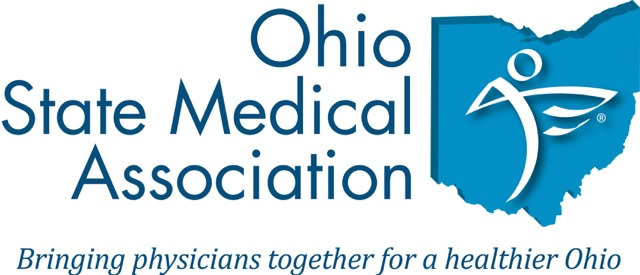Complete Story
02/06/2024
Managed Care Entity Claim Denial Resources Available
Make sure you and your staff know the process
Last week the Ohio Department of Medicaid (ODM) sent out a notice on its new Reimbursement Information Page. See the full notice below and be sure to provide the page and resources to your claims processing staff.
ODM Notice:
A Managed Care Entity (MCE) Claims Denial Resource Grid is now available on the Reimbursement Information page of the Medicaid website. Providers can use this tool, which outlines information specific to each of our MCEs, to help with questions like:
- How can I start the provider claim dispute process?
- Where can more information be found about each MCE?
- What is the typical timeframe for a claim dispute resolution?
- Who can I contact for questions at the MCE?
Providers are encouraged to use this resource and share it with their colleagues. Please note this resource does not include information on MyCare Ohio plans.
Additional managed care entity reimbursement information
MCEs are not required to reimburse providers who do not have a contract or a provider reimbursement agreement in place of a contract. Providers who are not contracted with an MCE but authorized under agreement with the MCE to provide service to its members must ensure they have a written, and mutually agreed upon, compensation schedule before rendering services.
MCEs may deny claims for coordination of benefits (primary insurance) because Medicaid, including a Medicaid-contracting MCE, is generally the payor of last resort. Exceptions include services provided under Title V and similar programs outlined in OAC 5160-26-09.1. MCEs must provide coordination of benefits as outlined in the rule. If the MCE denies a claim for coordination of benefits and the patient denies having primary insurance, please contact the MCE's customer service/regional provider relations representative to obtain further information regarding the primary payer.
It is up to the provider to establish a noncontracted reimbursement agreement (i.e., single case agreement) with the MCE to continue seeing an MCE's members if the provider still needs to complete contracting and credentialing. MCEs are not required to contract with every provider. In most situations, providers are prohibited from billing the member directly, even if the MCE denies reimbursement to the provider and the provider chooses to continue seeing the member.
For additional questions:
If providers have any questions or concerns, please see the contact information for each MCE in the Claims Denial Resource Grid. Providers can also contact Ohio Medicaid’s Integrated Helpdesk at 800‐686‐1516 or email IHD@medicaid.ohio.gov. Representatives are available 8 a.m.‐4:30 p.m. Eastern time, Monday‐Friday.
